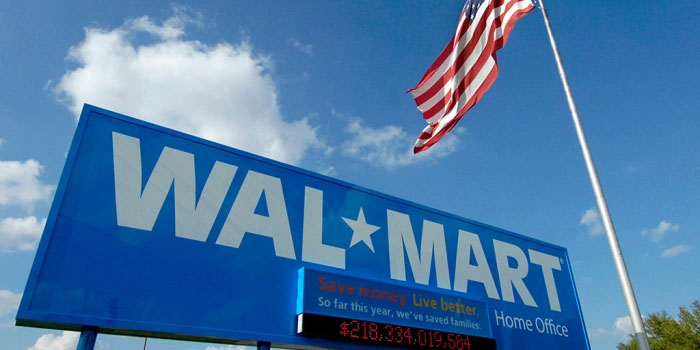A company with no active business or substantial assets is known as a "shell corporation." Even while these kinds of companies aren't always unlawful, they may be utilized illegally, such as to hide the true ownership of a company from authorities or the general public. In order to obtain capital, to carry out a hostile takeover, or to go public, legitimate reasons to form a shell company include all of the above.
Recognizing Shell's Company
Publicly traded firms, unscrupulous business dealers & independent individuals all employ shell firms. If Apple's corporate organizations in the United Kingdom are any indication, shell firms may be used as tax-avoidance vehicles for real enterprises, as is the case. They may also be utilized to secure a variety of financial options. On the other hand, tax avoidance has been employed in the black and grey markets as an escape hatch for tax evasion. Understanding the many circumstances in which a shell company may develop is essential.
What Is Shell's Business Model?

The proprietors of shell companies remain anonymous. It is possible to set them up in an anonymous manner, allowing companies and people to conduct financial transactions without disclosing their identities to each other. Tax havens are popular places to establish shell companies. In nations with little or zero taxes on trade, as well as rules prohibiting the disclosure of financial information, tax havens are often referred to as Lower taxes and easier access to international markets are two benefits that may be gained by setting up a shell corporation in a tax haven.
A shell company can:
- Transfer money across accounts.
- Get into the financial business.
- Invest in property.
- Own the rights to your work and profit from it.
How Are Shell Corporations Formed?
A shell company must be registered with the country's corporate registration. The Securities and Exchange Commission (SEC) keeps track of all U.S. shell firms. There are companies called registered agents that create shell companies. These agencies submit a company's papers and fees to the company registry. For shell firms, prices vary from a few hundred to several thousand dollars, and the process may be completed online or over the phone. Because of this, producing them is both simple and inexpensive.
Few personal details are required to set up a shell company. Often, just the names of the licensed agent as well as the beneficial holder are required for a transaction to go through. A corporation may employ nominee directors to submit documents on their behalf, allowing them to hide their true ownership. A shell company may register as a unit of some other shell company for even greater secrecy. This signifies that some other shell firm has acquired legal ownership of the aforementioned shell firm. Shell firms can construct many layers of secrecy in this manner. To avoid being investigated by any one nation, keep each subsidiary shell in a separate country. Although shell companies may be set up in any location, some are more common than others. Tax havens include the following:
- Switzerland
- The Caymans
- The British Virgin Islands
- Bermuda
- Jersey
Several Reasons to Invest in Shell
Shell corporations might be a viable option for businesses that are trying to expand while keeping their tax burdens low. In countries with low taxes, a company may expand its market and generate revenues by entering new markets. To invest in international markets like stock & commodities exchanges, even if you do not even intend on doing business there, you may need a shell company. In order to avoid being sued, people sometimes use shell firms to shield their personal assets from the law. The money of the fictitious firm cannot be confiscated if it is located in a nation that does not obey U.S. legal judgments. However, this approach is permissible if all appropriate U.S. taxes are paid.
Reasons to Avoid Shell Companies

According to your intentions, shell firms might be a dangerous decision. Using shell firms to do business overseas might be advantageous, but it can also result in negative publicity. Moving employment and earnings outside of the United States is often seen with disapproval by the general public. If buyers learn about your front company, you may witness a decline in revenue in the United States.
Using a shell corporation to keep personal assets is not unlawful, although the legality of doing so is in question. There is a tax on every income generated in the United States. If the IRS discovers that you've been hiding money from them, you might face civil or criminal consequences. Compelling overseas banks have tightened US tax evasion laws to offer data on accounts owned by US persons. Personal assets should only be kept in a shell corporation if the owner has a substantial amount of money invested in it. It's impossible for earned money to be disguised since companies record the wages they pay to the IRS.
Understand that secrecy isn't a guarantee of success when choosing a shell business. More than 11 million papers were exposed as part of the Panama Papers controversy, which included the Panamanian legal firm, Mossack Fonseca. Public personalities and government officials were implicated in various criminal acts, including tax dodging & laundering, in the Panama Papers.
Conclusion
Using tax havens, shell firms are formed in order to prevent paying taxes & to conceal their owners' identities. A shell company may be used to conceal money if a person is engaged in illicit conduct. A tax haven bank account and real estate purchase may be used to form a shell company. Consult your CA before you take any dangerous actions.







